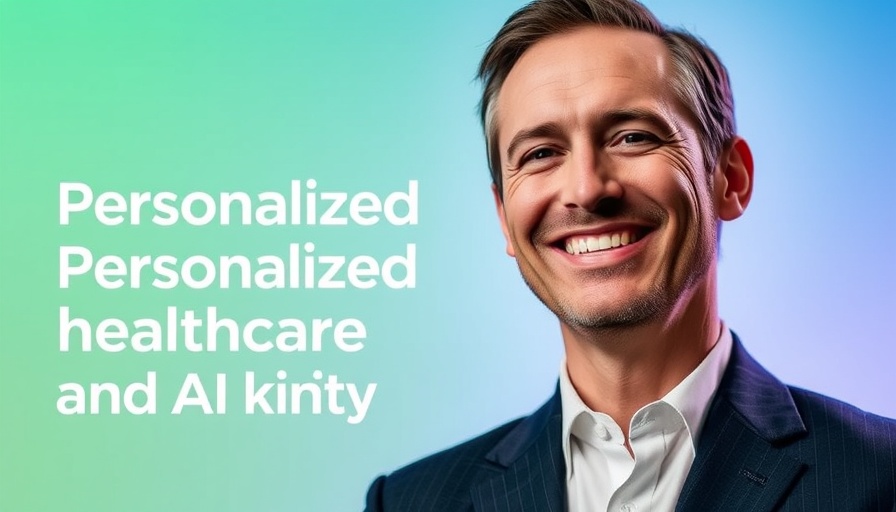
The Future of Healthcare: Harnessing AI's Potential
The healthcare sector is on the brink of a transformative shift, largely fueled by advancements in artificial intelligence (AI). This technology is not just changing how we diagnose conditions but is also enabling tailored treatment plans that cater to individual patient needs, marking the transition from a "one-size-fits-all" paradigm to a personalized approach.
AI and Diagnostics: A Game Changer
For instance, a groundbreaking study conducted by researchers at Imperial College London and the University of Cambridge revealed that AI could evaluate mammogram X-rays more accurately than teams of professional radiologists. The AI system was specifically a convolutional neural network (CNN) that analyzed data from 29,000 patients and outperformed human specialists in identifying cancerous tissues. This is just one of many examples where AI's analytical power is revolutionizing diagnostics.
Proactive Medicine: Predictive Analytics
Beyond diagnostics, AI is also pivotal in proactive medicine, where predictive analytics can forecast potential health issues before they escalate. The ability to analyze historical data enables healthcare providers to implement preventative measures, reducing the overall incidence of diseases. Recent tests at UC San Diego demonstrated how AI tools could correctly answer health-related questions, rivaling human doctors in accuracy and reliability. This capability not only enhances patient care but also empowers individuals to take charge of their health.
The Emotional Aspect: Connecting Beyond Data
While the technological advances are impressive, one cannot overlook the human connection in healthcare. As AI enhances service delivery, it can also facilitate more meaningful interactions between doctors and patients. The emotional reassurance that comes with effective and personalized care can build trust and improve health outcomes.
In conclusion, the integration of AI in healthcare signifies a new era where technology enhances human potential, shaping a future that prioritizes personalized, predictive, and proactive healthcare solutions. As these advancements become mainstream, they promise to elevate the standard of medical care, ultimately benefiting society as a whole.
 Add Row
Add Row  Add
Add 




Write A Comment